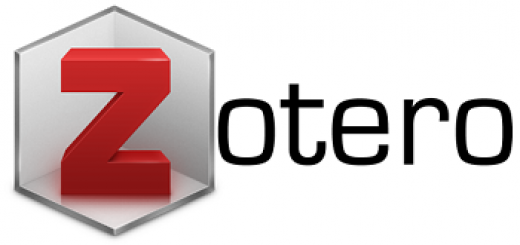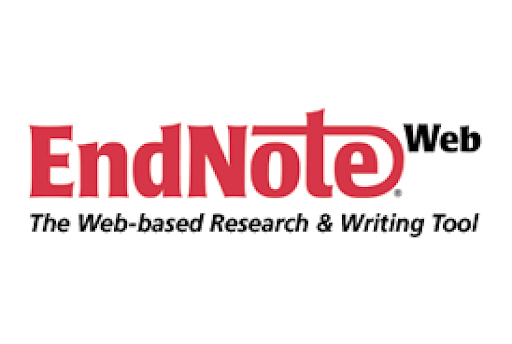The Implementation of Adaptive Co-Management Towards Revalidation Program: A Case Study in Ciletuh-Palabuhanratu UNESCO Global Geopark
Abstract
This study is aimed to conduct a review about the implementation of Adaptive-Co-Management in Ciletuh-Palabuhanratu UNESCO Global Geopark (CPUGG) in the context of revalidation. The method used in this research is the descriptive qualitative method. The data was collected by conducting observation, interviews, and documentation. Data analysis uses Adaptive Co-Management (ACM) with the following elements: (1) Communication and collaboration. (2) Social learning. (3) Shared rights, responsibilities, and decision-making. (4) Building Adaptive Capacity and Resilience. The results of the study show that the governance of CPUGG with the Pentahelix concept from the aspect of collaboration and communication shows that there is already a division of tasks and responsibilities so that they synergize with each other in regional development. However, by looking at the needs of the region in achieving sustainable tourism, it still requires other elements so that the CPUGG goal of becoming a sustainable area and becoming world-class tourism must add elements of tourists and environmental practitioners.












 This work is licensed under a Creative Commons Attribution-ShareAlike 4.0
This work is licensed under a Creative Commons Attribution-ShareAlike 4.0